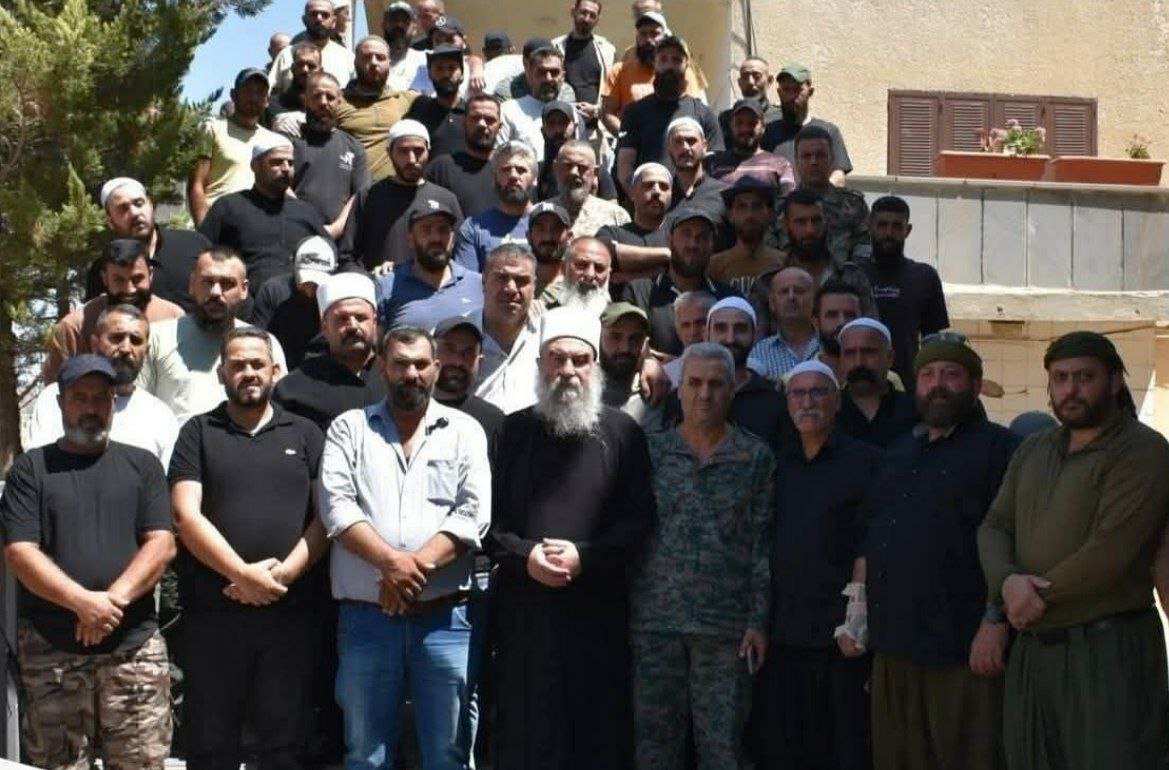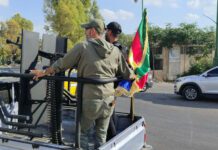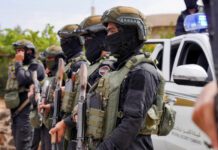
A new armed alliance announced in Syria’s southern Suwayda province is raising alarms over rising separatist and sectarian currents in the country’s restive Druze heartland. On August 23, more than 30 local factions declared the formation of a “National Guard” under the leadership of Israeli-backed Druze spiritual authority Sheikh Hikmat al-Hijri.
The force, promoted as a “defensive umbrella for Suwayda,” pledged loyalty to Hijri and described itself as the “legitimate military arm” of the Druze community. Videos circulated on Facebook showed commanders of groups such as the Saif al-Haq Forces and Fahd Forces joining the ranks. Hijri has since called for international support to create a separate region in southern Syria, explicitly thanking Israel and the US for backing his community.
Local Leaders Warn of Sectarian Risk
The announcement has divided Druze leadership. Sheikh Laith al-Balous, son of the assassinated Druze figure Waheed al-Balous, condemned the National Guard as a “clone of the Revolutionary Guard” that would invite destruction. Writing on Facebook, he said residents expected Hijri to chart a path to stability, not align with factions accused of kidnapping, looting and extortion. “The people of Suwayda hoped Sheikh al-Hijri would lead them to safety, but he appeared with leaders of criminal groups,” Balous said.
The Men of Dignity Movement, Suwayda’s most influential faction, initially refrained from joining, though its new leader Mazid Khaddaj later voiced conditional support for the merger, citing the need for unity. The group was founded in 2013 by Waheed al-Balous to resist the Assad regime and has since positioned itself as a defender of Syria’s territorial integrity.
Tensions Deepen After July Violence
The creation of the Guard follows weeks of deadly unrest last month. On July 13, clashes erupted between Druze factions and Bedouin clans, prompting intervention by Syrian government forces. Their withdrawal three days later coincided with Israeli airstrikes on Syrian army positions, after which local factions turned on Bedouin families, sparking cycles of reprisals. By mid-August, Hijri supporters gathered in Suwayda’s Karama Square openly calling for “self-determination,” with demonstrators waving Israeli flags and rejecting Damascus’ authority.
Hijri’s latest appeal for foreign support has deepened fears of fragmentation. “The project has been launched with a new title, following the ordeal intended to annihilate the Druze community,” he told followers in remarks carried by the Al-Rasid network, adding that a legal committee would handle political and economic administration of the province.
Regional Implications
Analysts say the escalation underscores Israel’s growing interference in southern Syria, where Tel Aviv has long sought to weaken Damascus by encouraging autonomous enclaves. The appearance of Israeli flags at demonstrations, coupled with explicit thanks from Hijri, points to a shift in alliances that could destabilize the broader region.
For Damascus, the rise of the Guard threatens to erode central authority in a province once seen as relatively stable. For neighboring states and international powers, the prospect of new sectarian militias carries risks of spillover conflict at a moment when Syria remains fractured by war.








